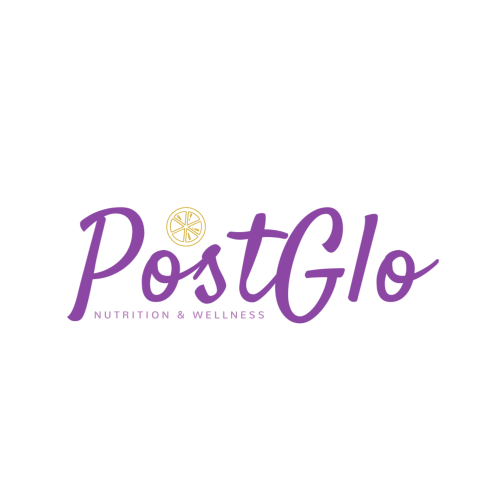Let’s Talk About Almond Moms
Meg Volley, PostGlo Intern
The term “almond mom” has been trending widely on various social media outlets, including TikTok and Instagram. The phrase refers to Moms who openly display disordered eating behaviors. This might include following the newest, restrictive fad diet; being overly concerned with body image; or those who say they are hungry yet full after a single almond.
The term originates from a 2013 episode of “The Real Housewives of Beverly Hills,” where model Bella Hadid tells her Mom, TV personality and former model Yolanda Hadid, that she feels weak after only having eaten a half of an almond. Yolanda responds by telling her to eat a few more almonds, and to chew them really well. Yolanda’s suggestion for her daughter to restrict her food intake gave birth to the phrase “almond Mom”. Today, the term is trending on the internet amongst teens as they describe disordered eating behaviors they witnessed from their parents/ caregivers, especially Mothers, while growing up that have subsequently negatively impacted their own relationship with food.
It is especially timely to address the topic of disordered eating in parents this week, as February 27th-March 5th 2023 marks National Eating Disorder Awareness Week. Eating Disorders are a mental illness that can impact anyone regardless of age, gender, race, socioeconomic status, religion, sexual orientation, and body shape/ size. While they present themselves in a variety of ways, eating disorders are generally marked by a disturbance in one’s relationship with food. It is important to talk about eating disorders as they have the second highest mortality rate of any mental illness, and it is expected that at least 28.8 million Americans will suffer with an eating disorder during their lifetime.
The absence of a formal diagnosis doesn’t eliminate the possibility that one might be engaging in disordered eating, and almond moms are a prime example of this. Tiktok especially is flooded with media highlighting this diet culture pandemic, with 243 million views under the hashtag “almondmom.” These posts poke fun at some of the common phrases of almond moms, such as “a moment on the lips, a lifetime on the hips,” and behaviors such as chronic dieting, and referring to certain foods as “junk,” “toxic,” and “poisonous”.
While almond moms are a ‘funny’ way to exaggerate some of the diet culture we witness daily, they represent a scarier reality, which is that parents are especially influenced by societal standards regarding eating patterns, body shape, appearance, and weight.
If you sometimes find yourself engaging in disordered eating thoughts, language, or behavior, you are not alone. It’s a slippery slope in the society soaked in diet culture that we live in. It is also important to recognize that our children are always watching, always listening to what we do and say– including about ourselves.
As we recognize Eating Disorder Awareness Week, let’s also take time to think about how we can improve our own relationship with food. This week, I challenge you to pay attention to the way you speak about food, your body, and exercise. Just observe the role these things have in your life, and consider how the behavior you model might impact those around you. Are you calling yourself “bad” for eating when you’re hungry, or are you rightfully acknowledging that hunger cues are a sign that your body needs fuel? Are you using exercise as a compensatory method for eating, or are you doing it for the energy and mental clarity it provides? Would you say the things you are saying to yourself, to a friend? These are all things I challenge you to consider this Eating Disorder Awareness Week and beyond.
Our time and headspace is limited. Let’s focus on the memories to be made that INCLUDE building healthy relationships with food and our own bodies both for ourselves AND for our children.
If you feel like you or someone you know might be struggling and would benefit from more information regarding eating disorders or disordered eating, please reach out to the NEDA helpline: https://www.nationaleatingdisorders.org/help-support/contact-helpline

